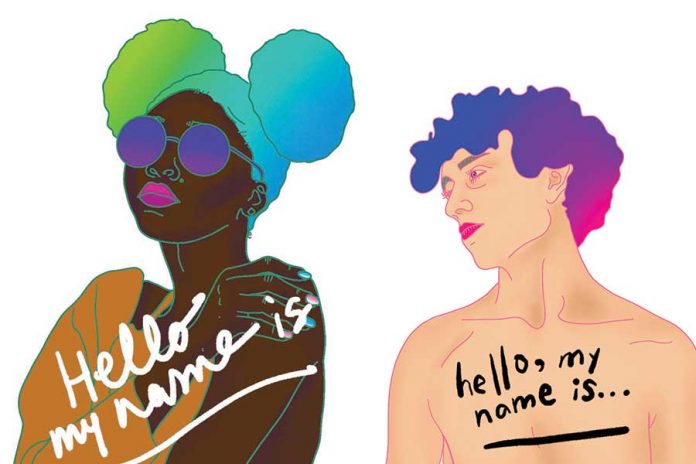A three-judge panel of Commonwealth Court heard arguments Feb. 13 on whether Pennsylvania residents convicted of serious felonies should be permanently barred from changing their name, even if they’re transgender.
The judges on the panel are Bonnie Brigance Leadbetter, Patricia A. McCollough and Michael H. Wojcik. They were asked to declare unconstitutional a provision of the state’s name-change law that bans name-changes for Pennsylvania residents convicted of serious felonies.
The oral arguments were held at the University of Pittsburgh School of Law in Pittsburgh. Each side had about 10 minutes to present their case.
The litigants are Philadelphia resident Alonda Talley and Allegheny County residents Chauntey Mo’Nique Porter and Priscylla Renee Von Noaker. They’re represented pro bono by the Reed Smith law firm, based in Pittsburgh, and the Transgender Legal Defense and Education Fund, based in New York.
The women didn’t attend the oral-argument proceeding. In May, they sued the state, the Department of State and its secretary, Kathy Boockvar. During oral arguments, the three-judge panel questioned whether the correct parties were sued.
Attorney M. Patrick Yingling, who presented oral arguments on behalf of the women, said the correct parties were sued. He also called the name-change ban “over broad” because it presumes that someone with a felony conviction wants to change their name for a fraudulent purpose.
After the hearing, Yingling told PGN that he told the judges the Department of State is the right party to sue “because it supervises and administers the part of the statute at issue.”
Deputy Attorney General Alexander Korn defended the name-change ban for the commonwealth. He argued that overturning the name-change ban for serious felons could frustrate employers seeking accurate background checks. Korn also noted that felons face many consequences, including losing the right to own a gun or serve on a jury. He said the inability to change one’s name is another consequence, according to published reports.
Pennsylvania Attorney General Josh Shapiro issued this statement: “I understand that being required to live with a name that doesn’t represent who you really are creates a myriad of hardships. That being said, my office, under the Commonwealth Attorneys Act, is responsible for defending the constitutionality of all Pennsylvania laws — despite my personal opinion about those laws.”
The case began in May 2019, when the women filed their legal challenge of the name-change ban in Commonwealth Court. In September 2019, Shapiro filed a brief, asking the court to dismiss the women’s case as meritless.
Shapiro’s brief claims the state legislature acted properly in 1998 when it unanimously enacted the name-change ban for persons convicted of serious felonies. Those felonies include murder, voluntary manslaughter, rape, involuntary deviate sexual intercourse, sexual assault, aggravated indecent assault, robbery, aggravated assault, arson and kidnapping.
In his brief, Shapiro noted that Porter was convicted of aggravated assault in 2008, Talley was convicted of aggravated assault in 2009 and Von Noaker was convicted of rape in 1987. Shapiro’s brief states that it’s proper for the women to be held accountable for their actions. His brief also emphasizes that the name-change ban doesn’t discriminate on the basis of LGBT status.
In a rebuttal brief filed in October 2019, the women noted that if the ban is lifted, they’ll still be required to attend a hearing and demonstrate to a judge that they’re seeking a name change for non-fraudulent reasons. The name-change law requires such a hearing and the women aren’t challenging that provision.
Attorney Luke E. Debevec, who attended the oral-argument proceeding, expressed optimism about the case. “We’re optimistic our clients will have an opportunity to change their name,” he told PGN, after the hearing.
Yingling added: “It was exciting to present oral arguments to a packed courtroom with engaged judges.”
The judges are expected to issue a ruling within the next few months.

